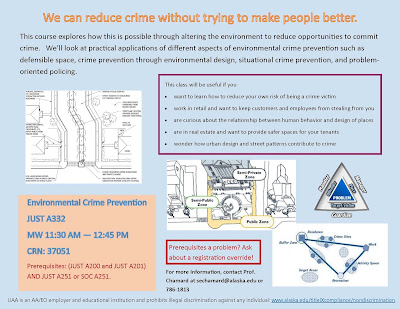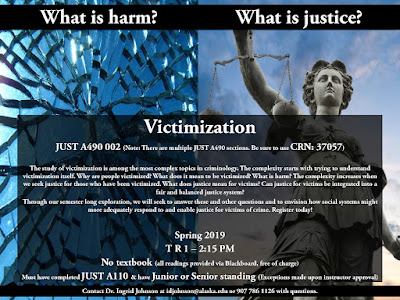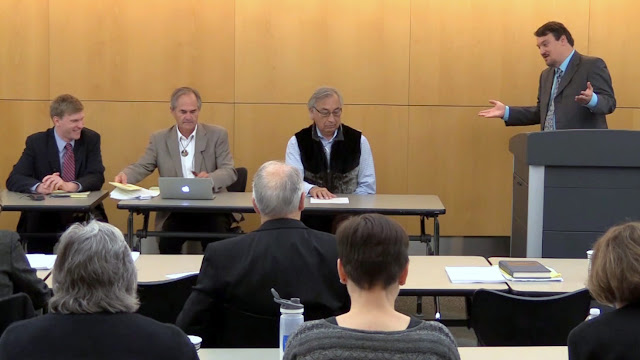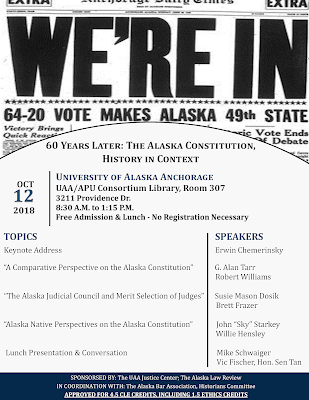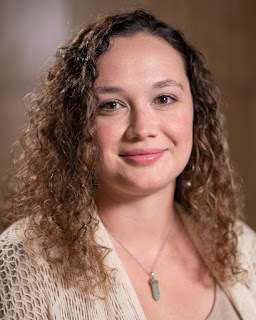Rita Augustyn, PhD, joins the Justice Center faculty this fall after receiving her PhD from the University of Nebraska at Omaha in Criminology and Criminal Justice. Dr. Augustyn’s primary areas of research are in corrections, inmate reentry, prison-based treatment, sexual offending, and the effects of race and age. In addition to her
dissertation, which evaluates prison-based residential substance use treatment programs, she is interested in exploring the definition of “older” populations and age cutoffs, with eye toward finding the tipping point where misconduct changes.
Dr. Augustyn has interned both at the Nebraska Department of Health and Human Services in the Adult Protection Services unit and the Nebraska Department of Correctional Services in the Planning and Research Division. The internships have provided opportunities to research vulnerable adult abuse and prison-based sex offender treatment. Dr. Augustyn uses both her academic background and experience in real-world situations to provide a multi-dimensional approach to teaching.
A lifelong Nebraskan, Dr. Augustyn, applied to UAA undergrad, but decided to stay in Nebraska to help with the costs of college. She received her PhD, M.A., and B.A. in Criminology and Criminal Justice from the University of Nebraska at Omaha, where she received a scholarship to go to graduate school. Dr. Augustyn is delighted to finally have the opportunity to be at UAA, the Justice Center, and to live in Alaska.
Fall semester 2018, Dr. Augustyn is teaching Principles of Corrections (JUST 210) and Intro to Justice (JUST 110). She is also working with the Alaska Department of Corrections on a reentry project. You can reach Dr. Augustyn at
rjaugustyn2@alaska.edu or 786-4302.
Ingrid Diane Johnson,
PhD, joins the UAA Justice Center this fall as an assistant professor. Raised in Delta Junction and Fairbanks in Interior Alaska, Dr. Johnson received her B.A. in Justice from the University of Alaska Fairbanks and completed both an M.A. and PhD in Criminal Justice at Temple University in Philadelphia, PA. The focus of much of Dr. Johnson’s research is on help-seeking among survivors of sexual assault and intimate partner violence and sexual assault, and how formal and informal networks can improve those processes.
Although Dr. Johnson left Alaska to pursue graduate studies in criminal justice, she brought with her a long-term commitment to addressing crime and justice issues in Alaska. Her research while at Temple University included rural and urban differences in relation to criminal justice, and access to substance abuse treatment for individuals involved in the criminal justice system. She is the co-author of
“Rural Location and Relative Location: Adding Community Context to the Study of Sexual Assault Time Until Presentation for Medical Care,” which studied sexual assault cases in eight Alaska communities.
This fall 2018, Dr. Johnson will bring both her academic background and personal knowledge of rural Alaska, to Rural Justice (JUST 355). The course explores geographic, social and cultural characteristics of Alaska’s rural communities and how these factors can influence the prevalence and nature of crime and criminal justice. In addition, she is teaching Introduction to Research Methods (JUST 200).
Dr. Johnson is also working in partnership with the Alaska Department of Public Safety as the principal research investigator for the Alaska Sexual Assault Kit Initiative (AK-SAKI). You can reach Dr. Johnson at
idjohnson@alaska.edu or 786-1126.
Yeungjeom Lee, PhD’s road to becoming an assistant professor at UAA’s Justice Center is the culmination of many years of determination to follow her passion to study criminology. Dr. Lee received both her B.A. in Psychology and M.A. in Forensic Psychology in Korea and then traveled to the University of Florida in Gainesville (UF) where she completed a PhD in Criminology, Law & Society.
This fall 2018, Dr. Lee is teaching Crime and Delinquency (JUST 251) and Juvenile Justice and Delinquency (JUST 375). The subject matter fits well within her research areas that include juvenile delinquency, criminological theory, victimization, and psychopathy. During her master’s study in forensic psychology she developed, and published, a Post-Traumatic Stress Disorder assessment scale for victims of intimate violence. At the University of Florida’s PhD program she focused on various criminological theories, using advanced analytical techniques, while maintaining a life-course/developmental orientation. Her central focus being the basic question – why do some people commit crimes while others do not?
Dr. Lee’s recent or forthcoming publications appear in
Criminal Justice and Behavior,
Crime & Delinquency,
Journal of Research in Crime and Delinquency,
Deviant Behavior,
American Journal of Criminal Justice, and
Korean Journal of Forensic Psychology.
After a number of years working on her PhD in Florida, Dr. Lee is looking forward to living in Alaska where she will enjoy the beautiful nature of Alaska and be closer to her family in Korea .
You can reach Dr. Lee at gatoryjlee@gmail.com or 786-1856.
 Drug Sale and Manufacture Arrests Reported in Alaska, 1986–2017 — Drug Types by Sex
Drug Sale and Manufacture Arrests Reported in Alaska, 1986–2017 — Drug Types by Sex  Drug Possession Arrests Reported in Alaska, 1986–2017 — Drug Types by Sex
Drug Possession Arrests Reported in Alaska, 1986–2017 — Drug Types by Sex




